Despite the news that John G. Roberts Jr., President Bush's pick to fill a vacancy on the U.S. Supreme Court, once helped gay rights activists win a landmark case, conservative supporters of the appeals court judge say they are still behind his nomination. In a sign that conservative support remains strong, organizers of Justice Sunday II, a Family Research Council production that will be broadcast live to churches around the country next weekend from Two Rivers Baptist Church in Nashville, said Roberts's cause will be repeatedly and energetically embraced by speakers at the event, reports The Washington Post .
Speakers at Justice Sunday II include House majority leader Tom DeLay and Charles Colson, the former Nixon administration official who heads Prison Fellowship Ministries. Christian activists had been forced into a snap reassessment of Roberts when the Los Angeles Times revealed on Thursday that Roberts had taken a limited pro bono role as a coach for gay rights groups involved in the 1996 case Romer v. Evans when he was working at the Washington law firm of Hogan and Hartson. The case was one of three that James Dobson, founder and chairman of the conservative Focus on the Family, singled out when he said on his nationally syndicated radio show two years ago that Justice Anthony M. Kennedy, who wrote the majority opinion, is "the most dangerous man in America."
In their public statements about the Roberts revelation, religious conservatives have held their tongues, according to the Post . Tom Minnery, vice president of public policy at Focus on the Family, said the group views the story as "disappointing news.... But we understand his role within his law firm, and it doesn't alter our view of him. We believe he'll be a Supreme Court justice who will interpret the Constitution as it was written, not as he'd like it to be."
Some Republican strategists said they have calculated that support for Roberts among Republican senators is locked down and that Roberts's supporters want to try to attract Democrats by packaging him as more centrist and less doctrinaire than had originally been assumed. The White House said Roberts worked on the 1996 case for less than 10 hours and that he always agreed when someone at his law firm asked for help on a pro bono case in his area of expertise, appellate and Supreme Court arguments.
Grover Norquist, president of Americans for Tax Reform, constantly monitors the mood of a broad spectrum of economic and social conservatives. He said they remain "generally happy" with Roberts. "Everyone who knows him says he's fine, says he's good," Norquist told the Post . "I don't know anyone in the movement who isn't pleased." As for the 1996 Colorado case, Norquist said, "anyone who reacts poorly to that is telling you more about themselves than about Roberts."
Tony Perkins, president of the antigay Family Research Council, said in an interview that he had "anticipated some bumps along the way" as conservatives learned more about Roberts. Echoing President Reagan's stance toward the Soviet Union, he said his group's position will be to "trust and verify." "We trust that the president understands that his legacy in large part will be based on the Supreme Court and the nominations he makes," Perkins told the Post . "And we trust the statements that John Roberts has made about his judicial philosophy and the opinions he has written. We will verify that through the confirmation hearings." Perkins even headlined an e-mail to the group's supporters "Trust Yet Verify." He wrote that his initial reaction to the news about Roberts's pro bono work was that this was a case of "aiding and abetting" but said he is now urging "caution in jumping to that conclusion."
The suggestion by Perkins that conservatives as well as liberals want a thorough grilling of Roberts at his nationally televised confirmation hearings--scheduled to begin September 6--reflects the residual fear on the Right that Roberts is opaque enough that he could prove to be a rerun of Justice David H. Souter. When nominated by President George H.W. Bush, Souter was little known and was assumed to be conservative, but he became part of the court's liberal bloc.
Sean Rushton, executive director of the Bush-backing Committee for Justice, called the imbroglio over the Romer case "a red herring meant to divide the Right." Many conservatives question the motives of the source of the stories about Roberts and the gay rights case: Walter Smith, who headed the pro bono program at Hogan from 1993 to 1997. Smith is now executive director of the nonprofit D.C. Appleseed Center, which runs projects on issues including drinking water quality, voting rights, and AIDS. He said the group is nonpartisan although he generally votes Democratic. "I consider John Roberts a friend, and I like him," Smith said. "I did it because when reporters called me, I felt an obligation, almost, to the public to give information on this very important issue. I thought John was entitled to have credit for all the things that he had done."








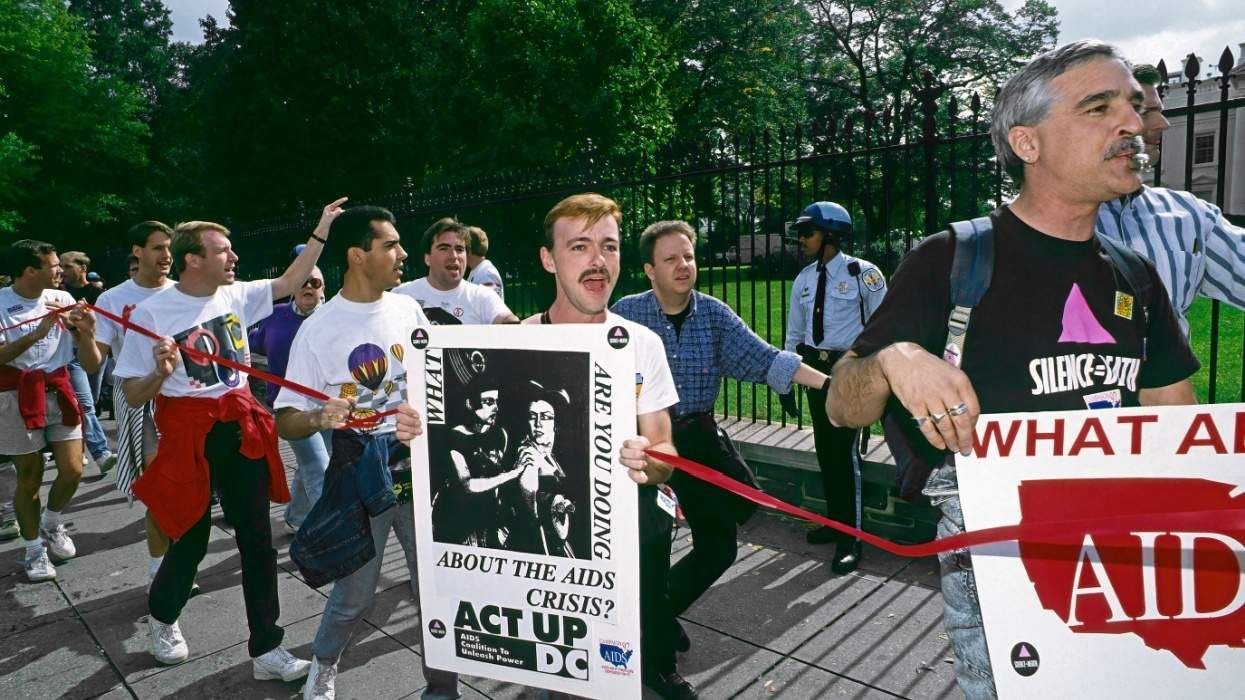
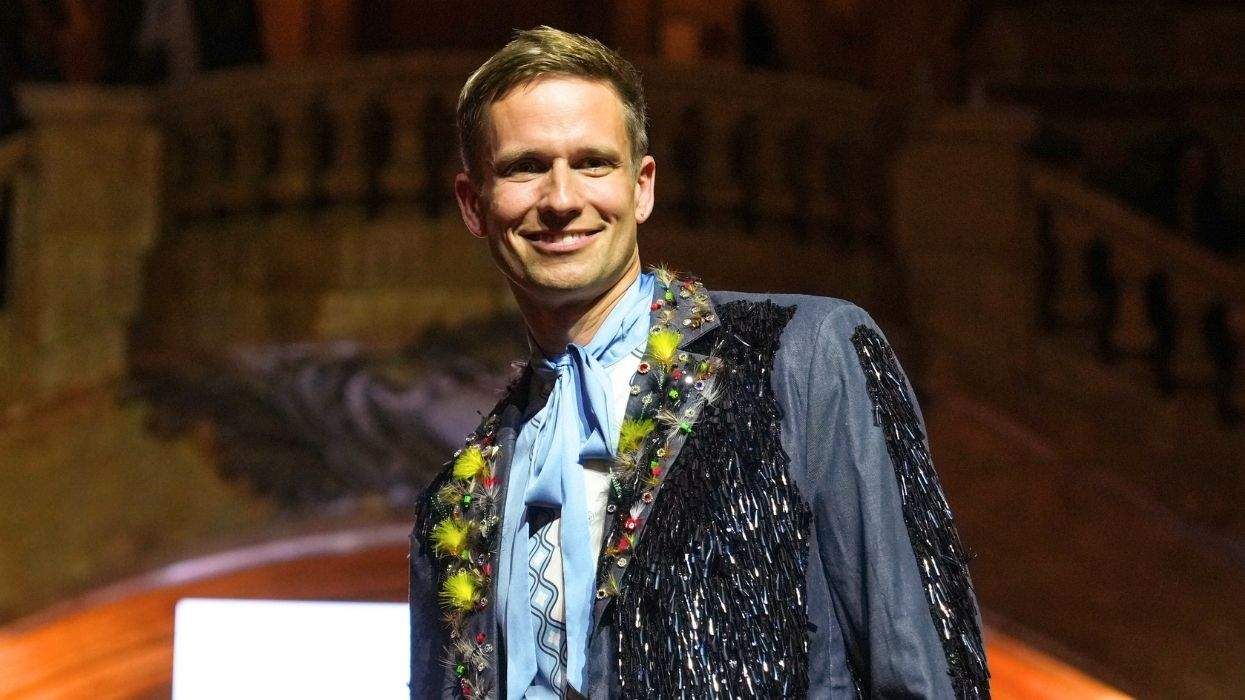
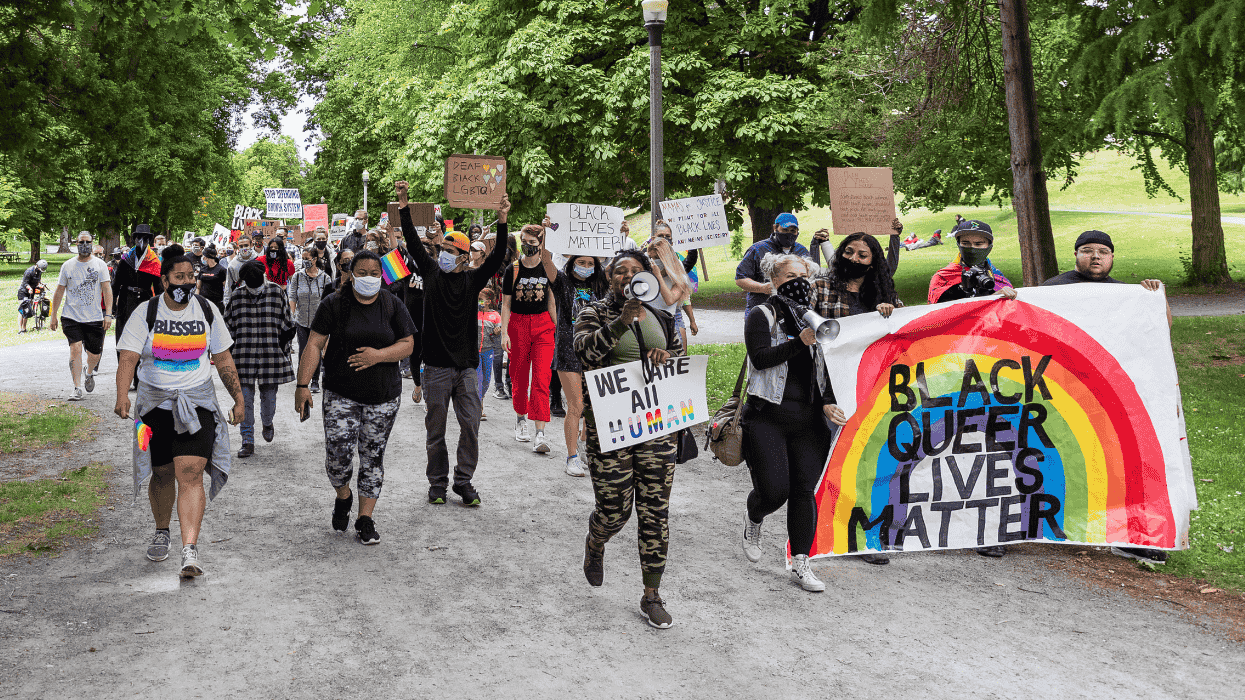




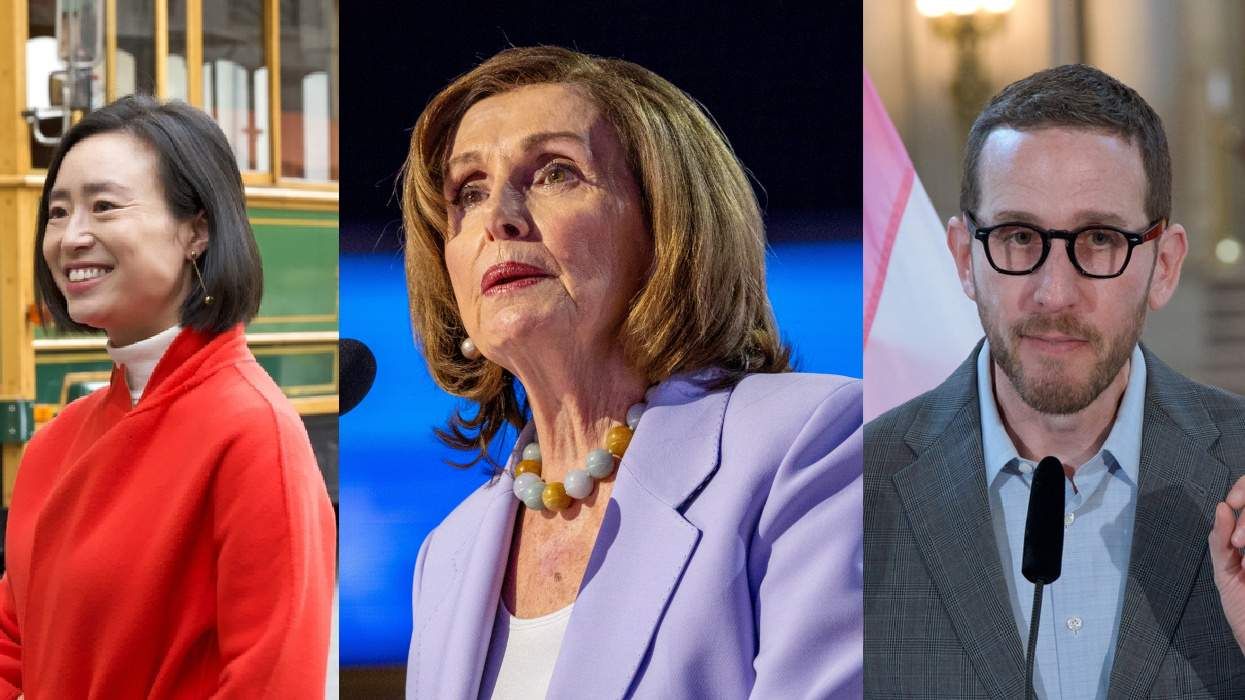
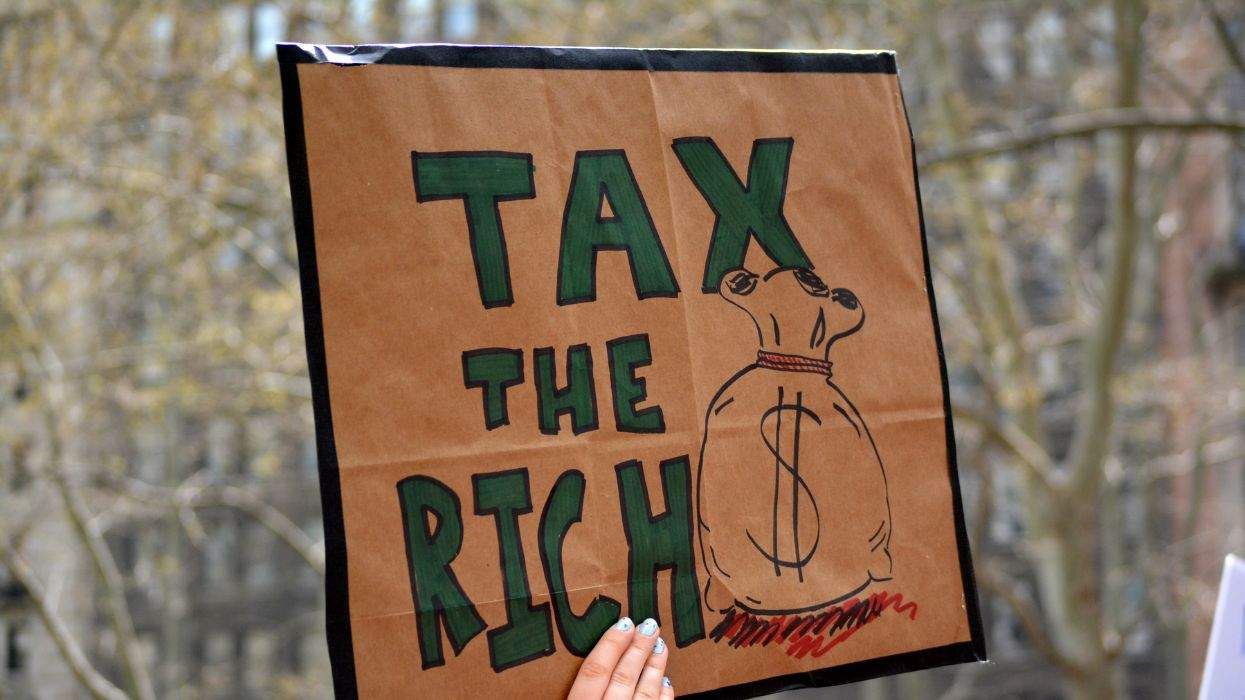
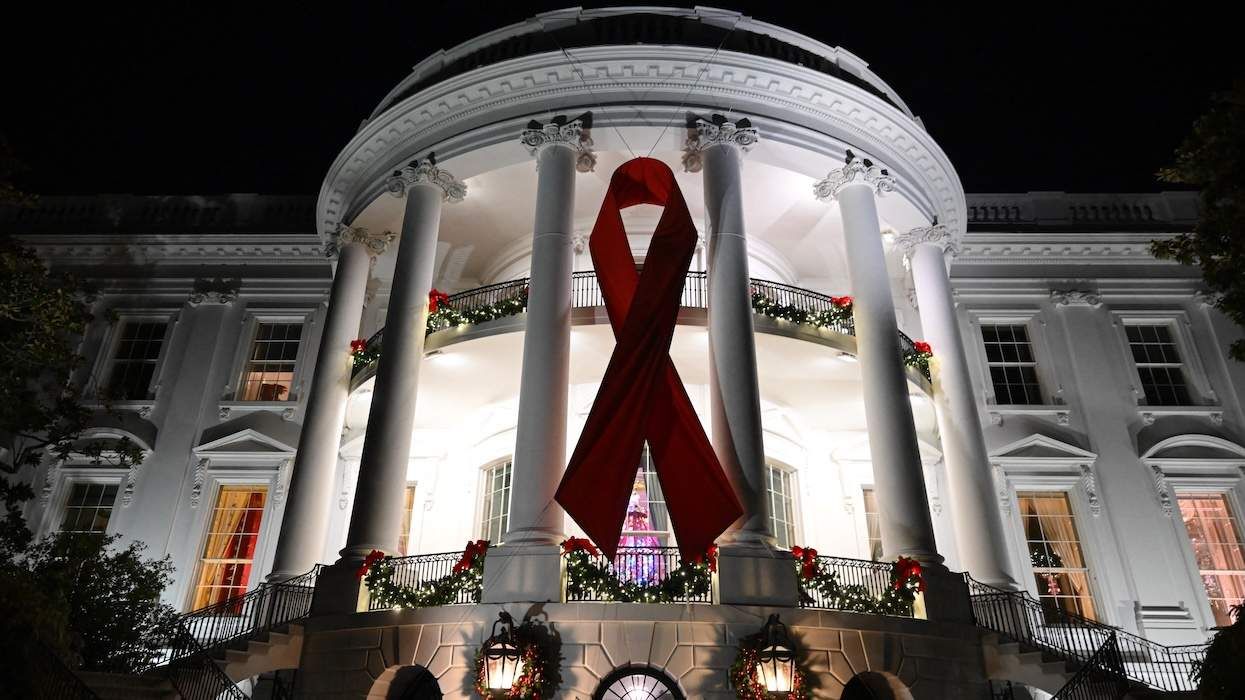
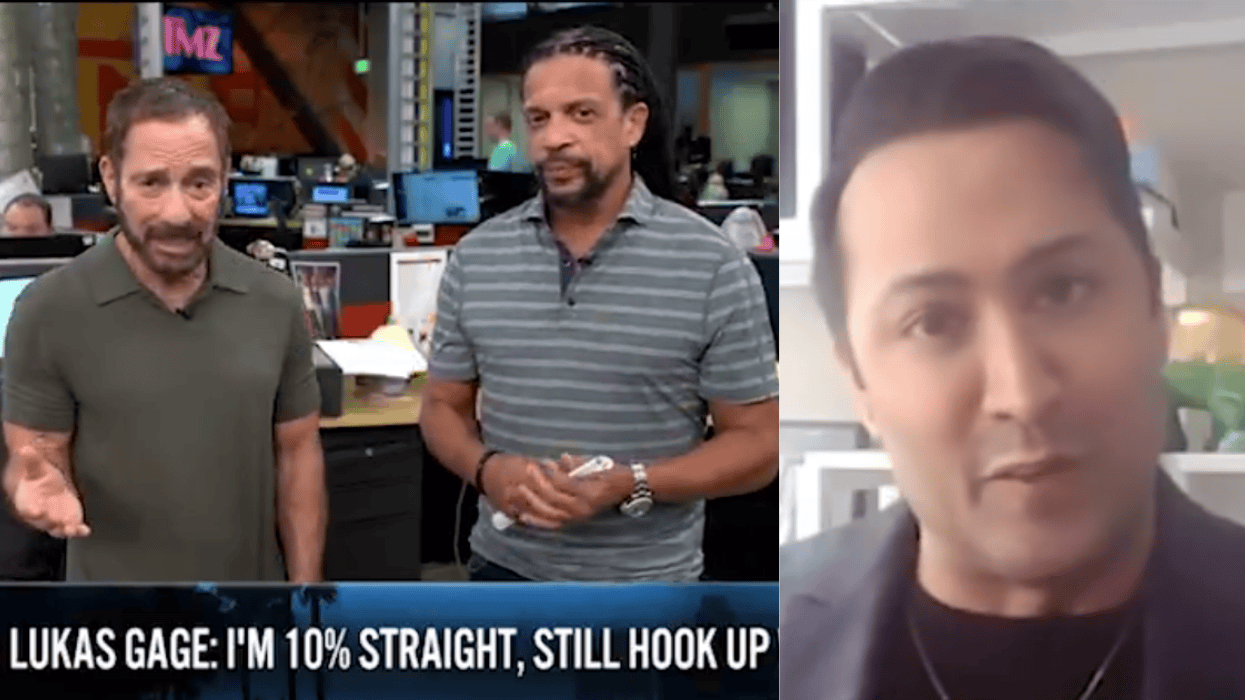
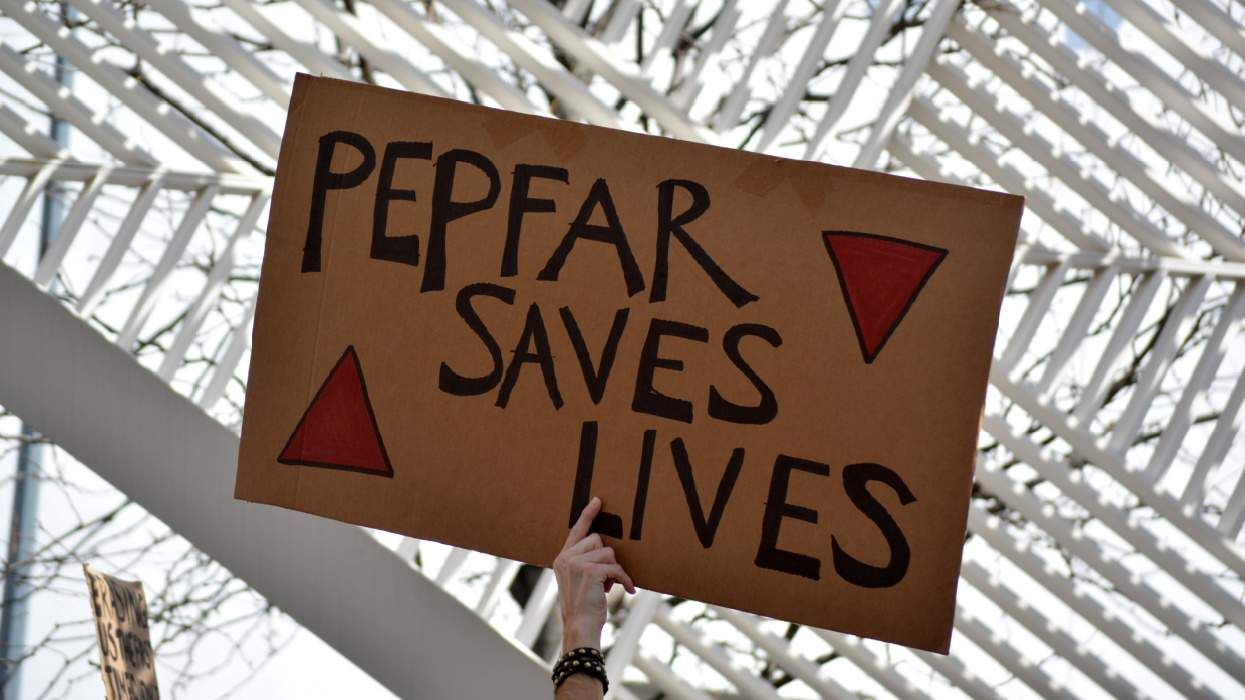
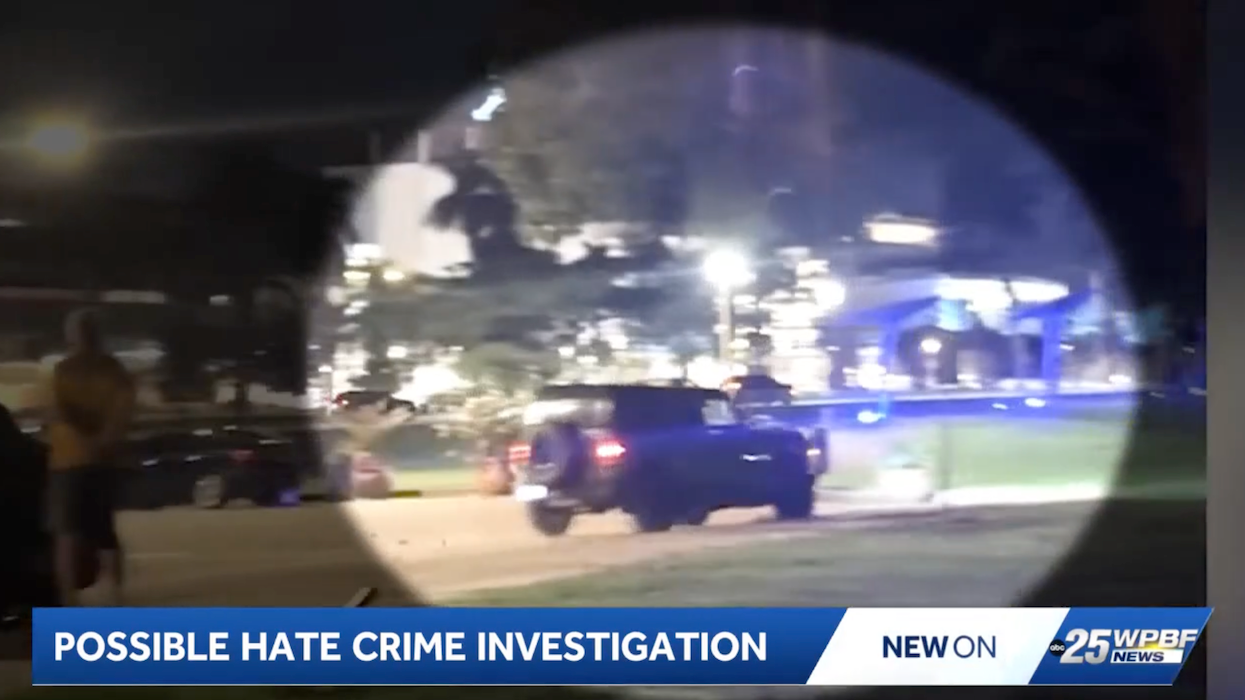
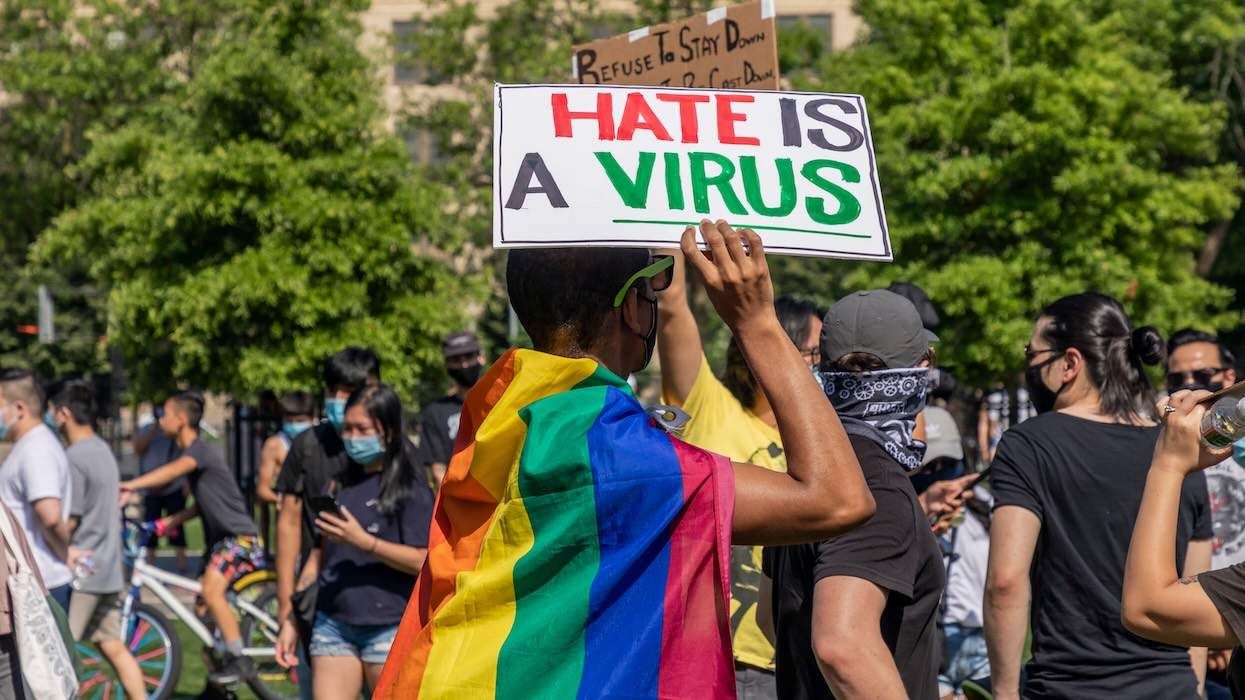



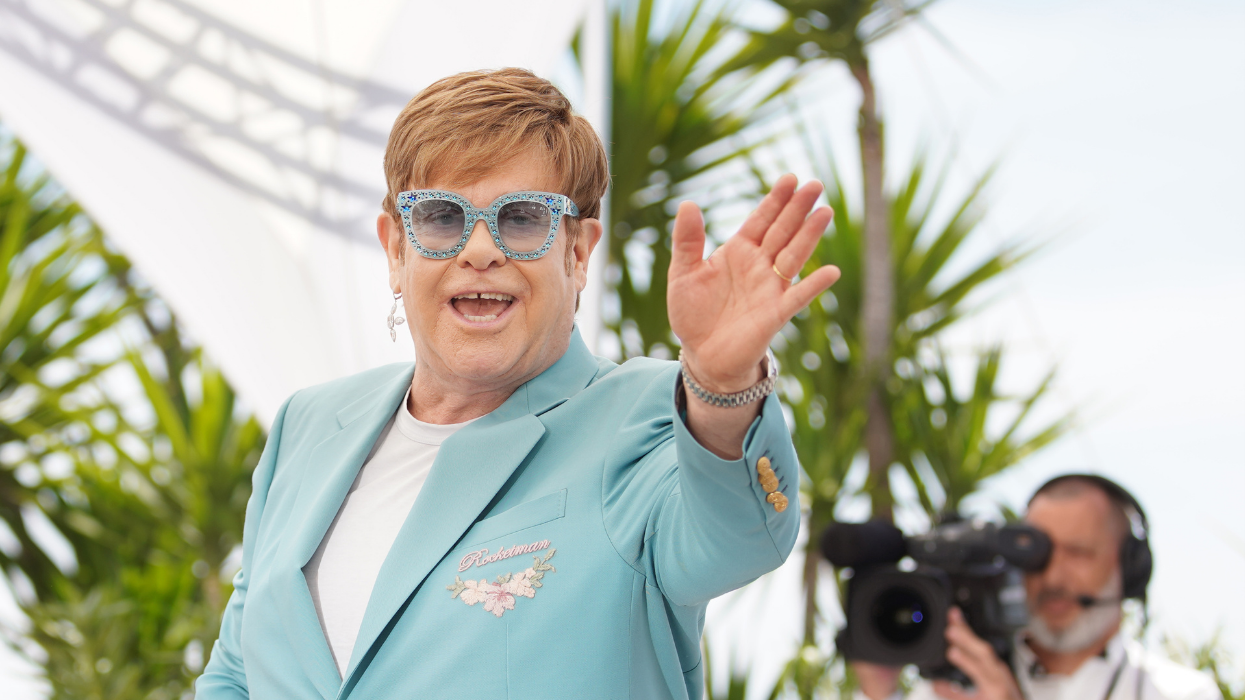
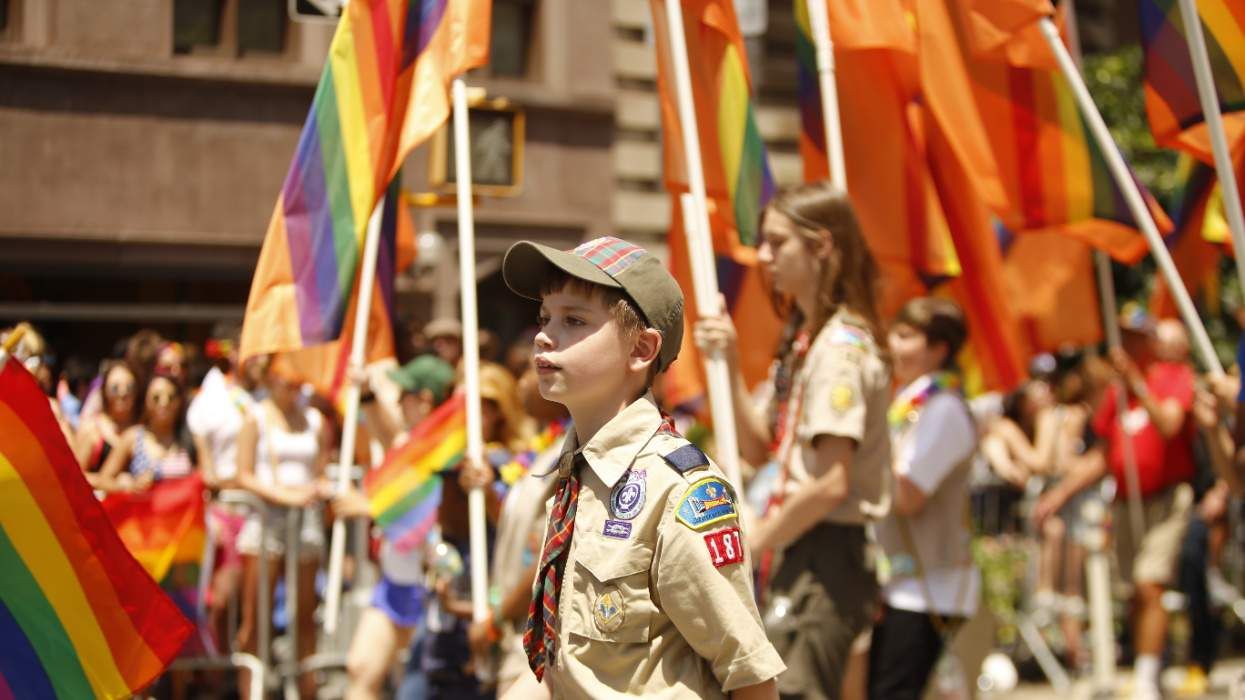
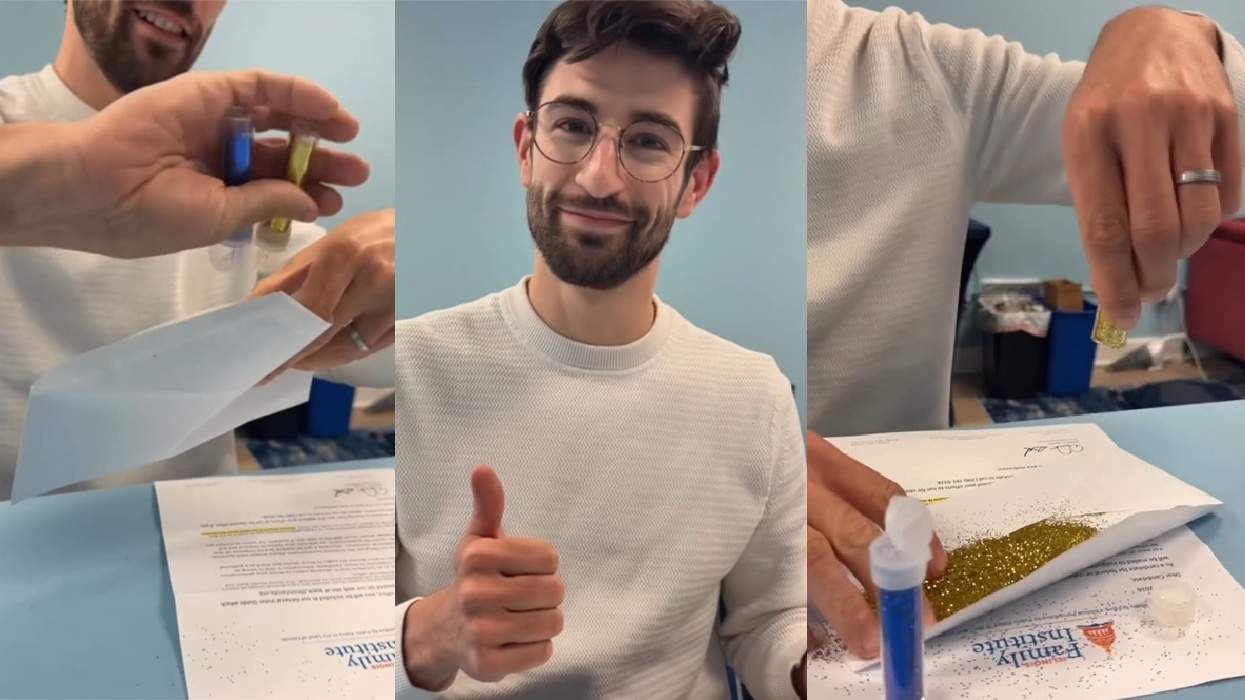






















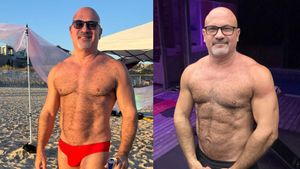


















Charlie Kirk DID say stoning gay people was the 'perfect law' — and these other heinous quotes